Newsletter
September 2024 • VOLUME 1
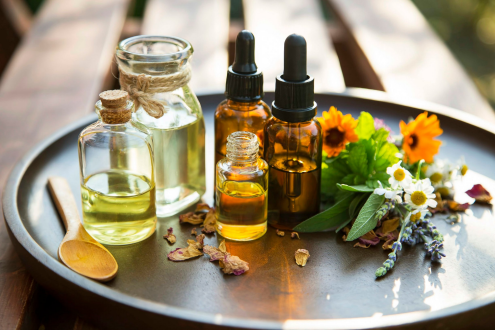

BENEFITS OF NATURAL OIL'S? Did you know?
What You Schould Know:
By: Patrick Johnson (Founder & C.E.O)
By: Patrick Johnson (Founder & C.E.O)
Moisturizing is an important part of every skincare regimen, even for those with already oily and every combination skin types. There’s evidence that many natural oils, like coconut oil, can provide moisture to parched skin and delay some signs of aging. " If used right" they also can restore damage from (overly oilly) skin.
DIFFERENT OILS & THEIR BENEFITS
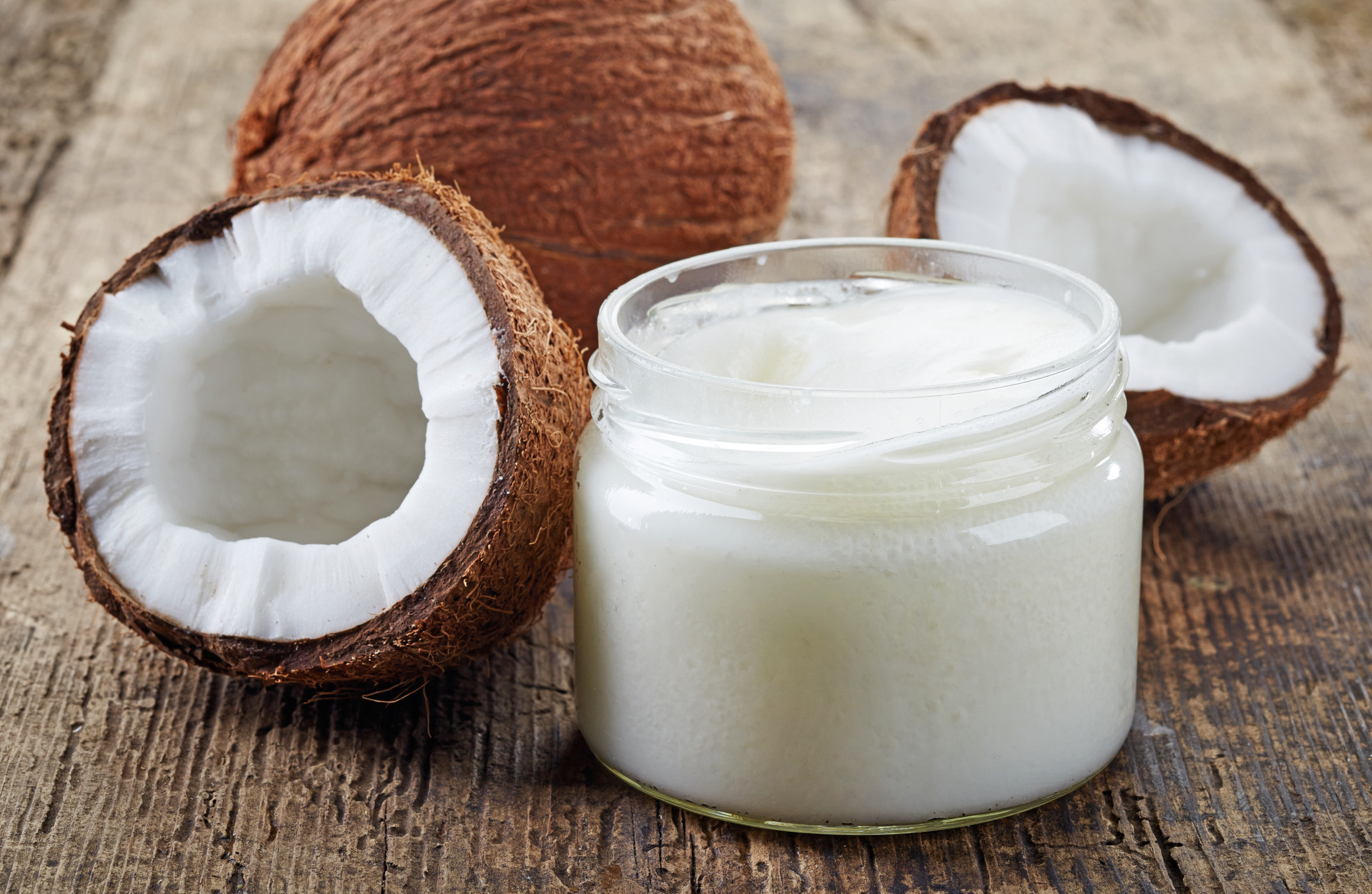
Cocunt Oil:
Coconut oil is widely marketed as a superfood.
The unique combination of fatty acids in coconut oil may have positive effects on your health, such as boosting fat loss, heart health, brain function and improves moisture content in skin. Therefore offsetting the effects of eczema. Beyond these few facts coconut oil has so many other benefits.
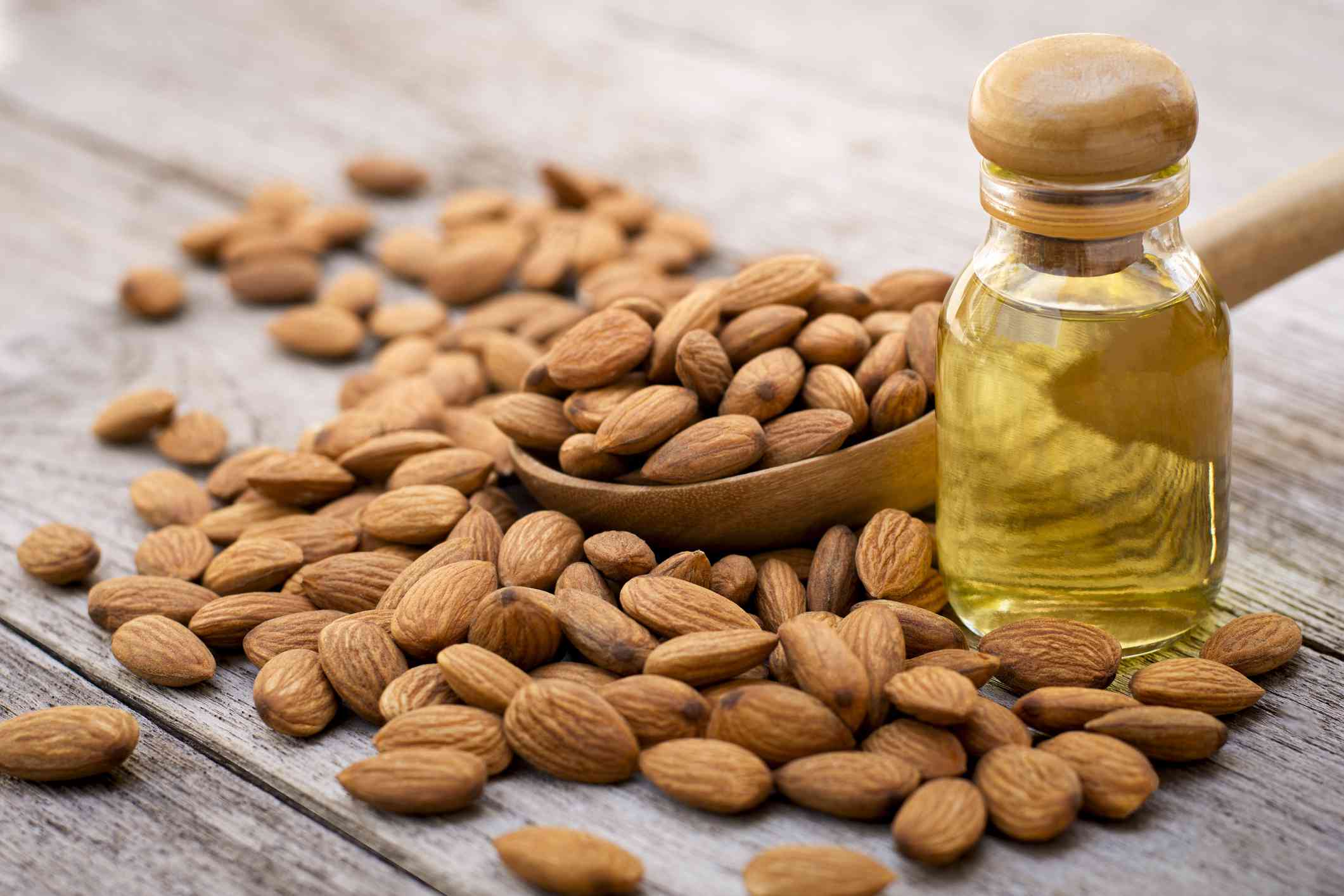
Almond Oil:
The monounsaturated fats in almond oil are heart-healthy and a good substitute for oils high in saturated fat. Monounsaturated fats can help reduce the amount of “bad” LDL cholesterol and total cholesterol, helping your cardiovascular system and heart. The vitamin E in almond oil also helps support heart and cardiovascular health by reducing the oxidation of LDL cholesterol. Beyond these few facts Almond oil has so many other benefits.
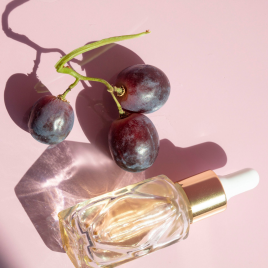

Grapeseed Oil:
There are many uses of grapeseed oil for the skin, especially on the face. Because it contains high levels of vitamin E, this oil may contribute to better skin and reducing UV damage. Grapeseed oil contains high levels of vitamin E, and has shown to contribute to the reduction of damaged cells from free radicals in the body. This protection helps prevent heart disease and some cancers.
Beyond these few facts Grapeseed oil has so many other benefits.
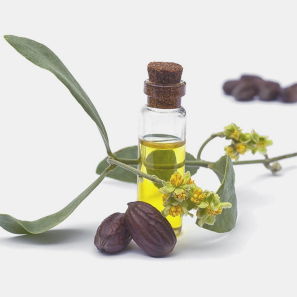

Jojoba Oil:
Jojoba oil attracts water to the top layer of the skin, keeping the skin hydrated. Test found that it kills certain bacteria and fungi that can cause salmonella, and candida. It contains natural vitamin E. Vitamin E works with your skin as an antioxidant. Its makeup is so similar to the oil (sebum) your body naturally produces that your skin can’t tell the difference. This makes it less likely to build up on your skin and clog your pores. Jojoba oil is typically non-irritating.
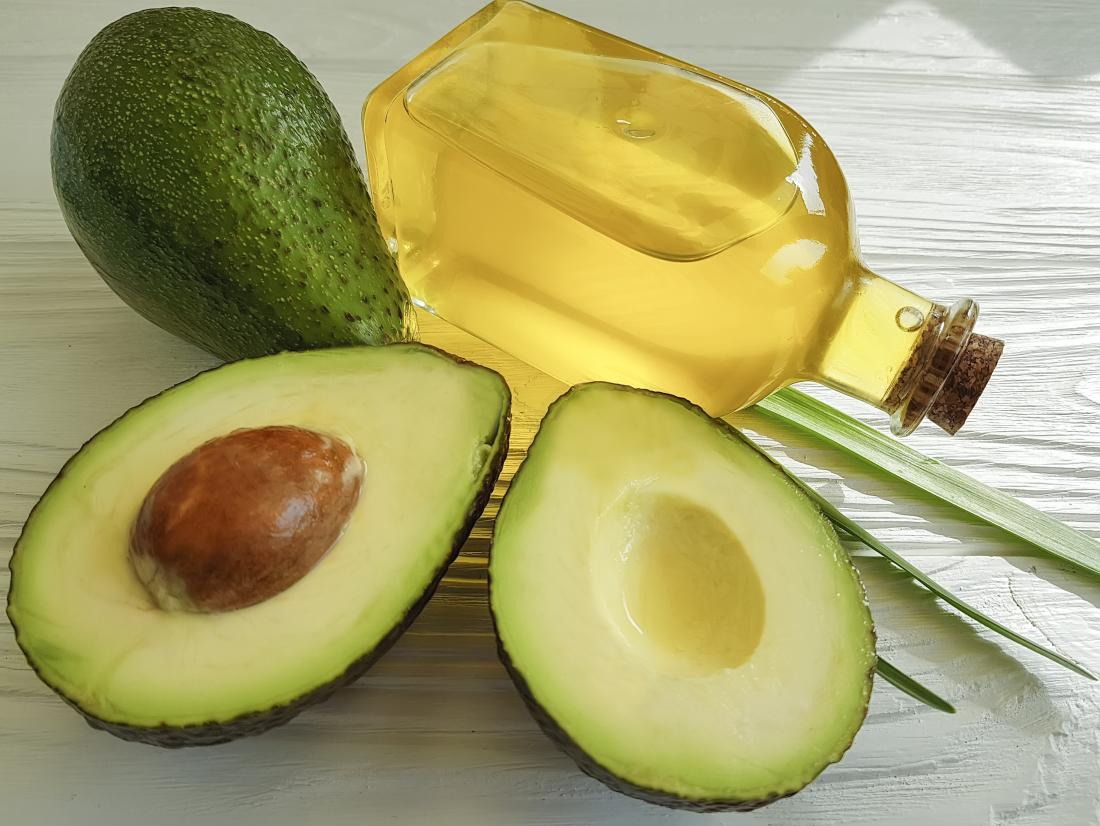
Avacado Oil:

Avacado Oil:
Avocado oil is rich in monounsaturated fats, which can help lower cholesterol and reduce the risk of heart disease and stroke.
Avocado oil has anti-inflammatory properties, which can help reduce CRP.
Avocado oil contains lutein, an antioxidant that may help maintain eye health and protect against age-related macular degeneration. Avocado oil's antimicrobial properties may help reduce breakouts and make skin feel more supple and moisturized. Avocado oil has a high smoke point, making it safe for high-heat cooking and ideal for sauteing and roasting. Avocado oil can be used in salads, dips, and marinades, or as a replacement for other plant oils.
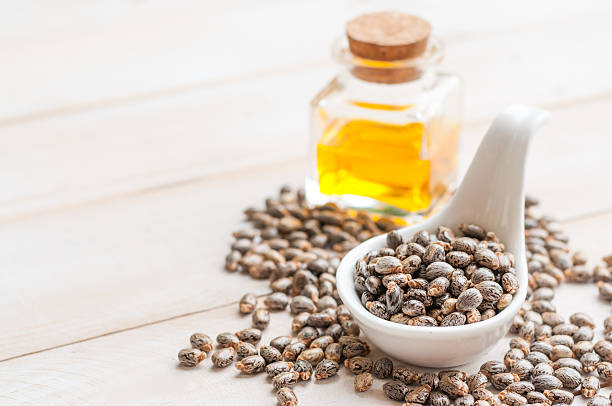

Black Castro Oil:
This castor oil is believed to help fight and treat infections, heal or reduce the appearance of scars, control your skin’s sebum production, heal chapped lips and fight premature aging. Jamaican black castor oil is good for plenty of general remedies, but one of the areas where its healing and restorative properties particularly shine through is in your hair. The omega-6 and omega-9 fatty acids in Jamaican black castor oil can both do wonders for thin and easily breakable hair.
Know What You Buy & Why
